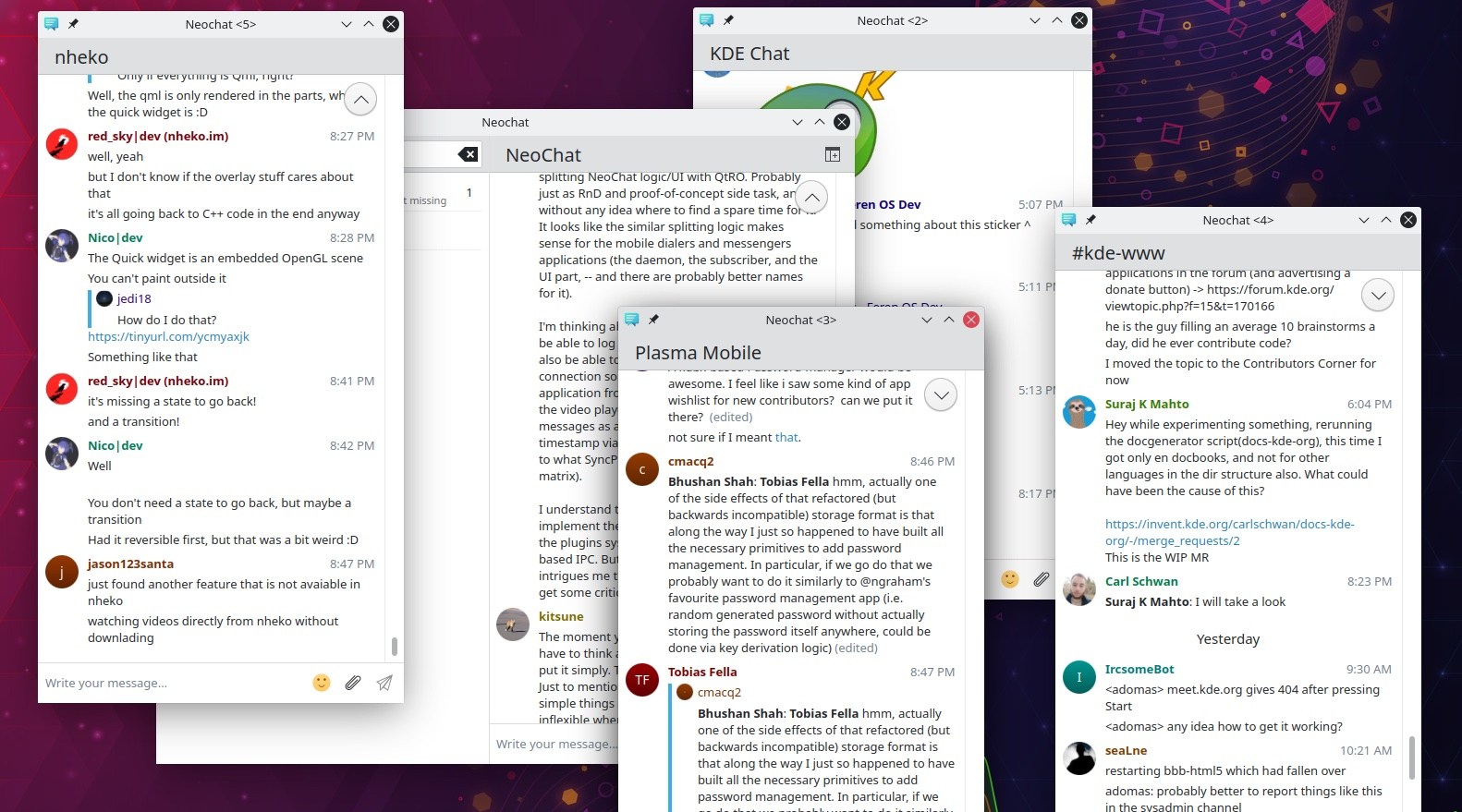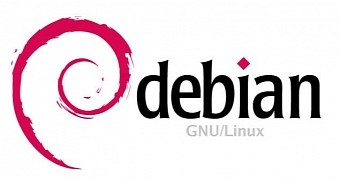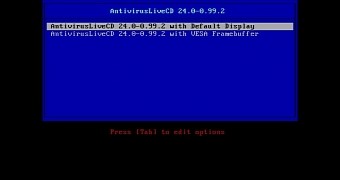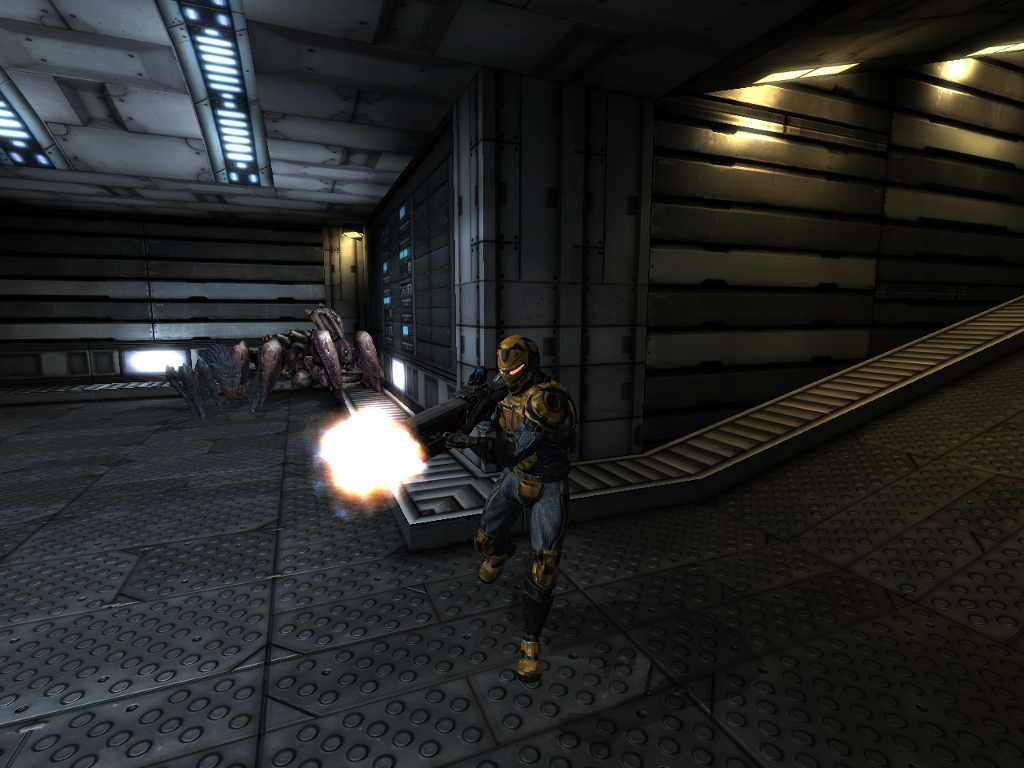Key Points
• Canonical’s MAAS User Interface won first place in its category for software quality from TIOBE’s quarterly awards
• MAAS helps companies automatically manage physical servers like cloud computing resources, making data center operations more efficient
• This recognition highlights Ubuntu’s growing influence in enterprise data center technologies and open-source infrastructure tools
Canonical, the company behind Ubuntu Linux, has achieved something impressive that Linux users and IT professionals should pay attention to. Their Metal as a Service (MAAS) user interface just won the top prize for software quality in its category from TIOBE, a respected technology evaluation firm.
This matters because MAAS is changing how companies manage large computer systems. Instead of manually setting up each physical server, MAAS lets organizations treat their hardware like cloud services. Users can quickly allocate, configure, and scale physical machines through an easy-to-use web interface. This approach, called "bare metal provisioning," is becoming increasingly important as companies look for more flexible and efficient ways to run their data centers.
The TIOBE award evaluates over 8,000 software projects worldwide using strict international standards. Projects are scored on multiple factors including security, reliability, performance, and maintainability. Winning this recognition shows that Canonical’s engineering quality meets world-class standards that enterprise customers demand.
For Ubuntu users, this reinforces Canonical’s position as a serious player in business computing. While many know Ubuntu for desktop and server operating systems, tools like MAAS show the company’s deeper commitment to infrastructure software. These technologies form the backbone of modern internet services, cloud computing platforms, and large-scale business operations.
MAAS works with Ubuntu but also supports other operating systems, making it attractive to mixed-technology environments. This open approach reflects Ubuntu’s broader strategy of building useful tools regardless of specific technologies. The software is freely available and continuously improved by community contributors alongside Canonical’s professional team.
The practical impact is significant for system administrators and DevOps teams. Instead of spending days configuring new servers, they can provision hardware in minutes. This speed and reliability help companies respond faster to changing business needs while reducing operational costs.
Organizations using Ubuntu or considering Linux for enterprise applications now have another reason to trust Canonical’s ecosystem. As more businesses move away from proprietary solutions toward open-source alternatives, having proven tools like award-winning MAAS becomes increasingly valuable.
For readers managing IT infrastructure or planning technology upgrades, MAAS represents a mature, award-winning solution that’s ready for production use. Its intuitive interface makes powerful server management accessible while maintaining the flexibility and control that make open-source software attractive to professionals.
The growing adoption of such tools suggests that infrastructure management is becoming more democratized, with Linux and Ubuntu playing central roles in that transformation.
Upgrade your life with the Linux Courses on Udemy, Edureka Linux courses & edX Linux courses. All the courses come with certificates.








